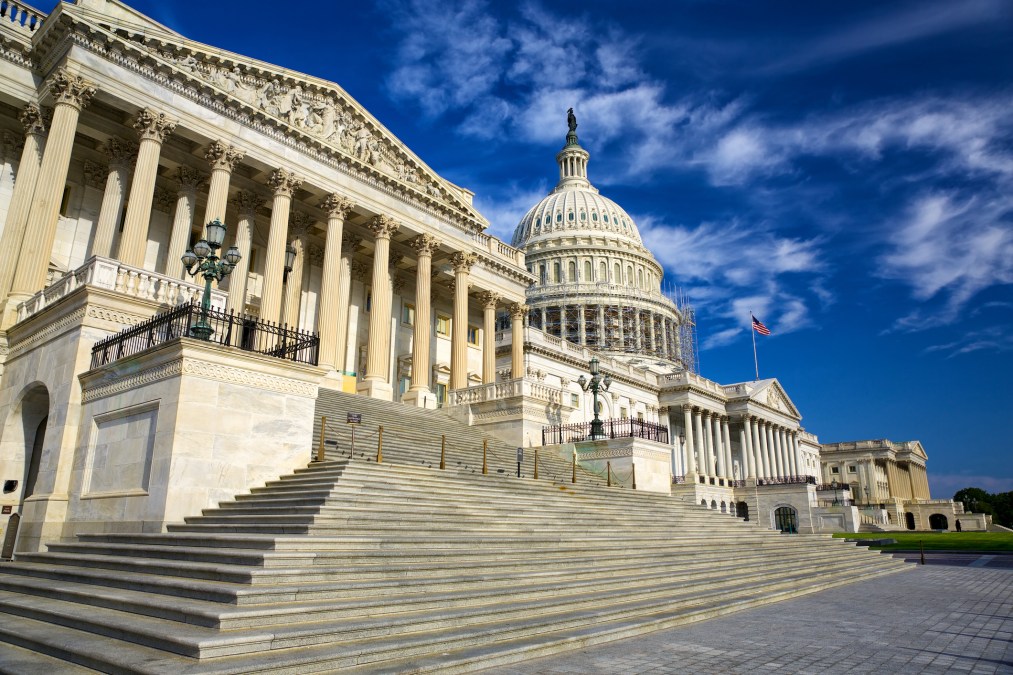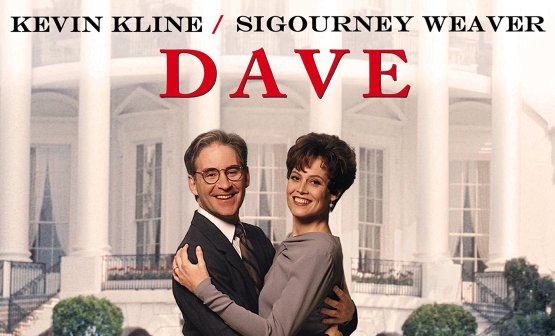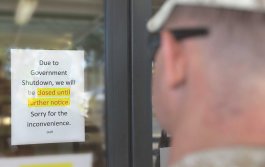Gov Actually Episode 14: Everything you need to know about CBO

The Congressional Budget Office has never been hotter.
Launched in 1975, the CBO serves as an independent office analyzing and “scoring” budgetary and economic issues for congressional legislation. And recently, it’s played a key role in forecasting the effects of the American Health Care Act, likely leaving 23 million American uninsured by 2026 but trimming the federal deficit by $119 billion. CBO projections for the Senate version of the bill are due out Monday.
So, Gov Actually hosts Dan Tangherlini and Danny Werfel invited Doug Holtz-Eakin to join the podcast for a deep dive into the CBO process. Holtz-Eakin served as director of the CBO for a period between 2003 and 2005 during the Bush administration, and he currently presides over the American Action Forum think tank.
“The Congress decided they wanted to have their own budgeting capability — they wanted the equivalent of what OMB is. So they put together the Congressional Budget Act,” explains Holtz-Eakin in this episode. “The CBO’s job in that process is to A. be nonpartisan, and B. advise the Congress as to the budgetary consequences of the bills that they are undertaking debate on. That’s its core mission.”
He goes on to explain what exactly “nonpartisan” means, versus bipartisan, and how “CBO will in the end score what is written,” and only that.
Hear that and more on the latest episode of Gov Actually, and catch all of the episodes on iTunes and SoundCloud.
Let us know what you think in the comments on iTunes.






